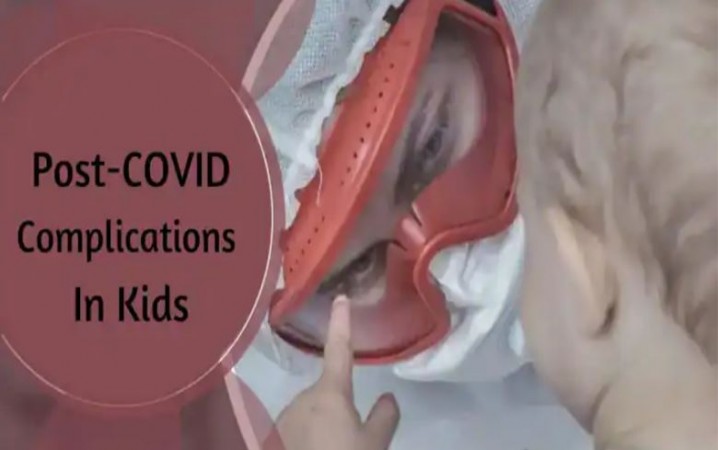
LANCET HEALTH RESEARCH: : A large-scale observational study analysing more than 1.25 million patient health records has revealed that children who contracted Covid-19 are also more likely to experience epilepsy or seizures even months after the infection as well as cognitive deficit, insomnia, ischaemic stroke, nerve/psychotic disorders, and epilepsy.
The study, which looked at data on 185,748 children, found that post-Covid risk trajectories varied between children and adults, according to The Lancet Psychiatry journal. Children were not more likely to experience mood or anxiety disorders in the six months following SARS-CoV-2 infection.
However, they had "an elevated risk of cognitive deficit, insomnia, intracranial haemorrhage, ischaemic stroke, nerve, nerve root, and plexus disorders, psychotic disorders, and epilepsy or seizures". Contrary to adults, children with cognitive deficiency had a limited risk window (75 days) and a limited amount of time before occurrence (491 days).
"Children have a more benign overall profile of psychiatric risk than do adults and older adults, but their sustained higher risk of some diagnoses is of concern," said the study.
A sizeable proportion of older adults who received a psychiatric diagnosis or neurological in either cohort, subsequently died, especially those diagnosed with dementia or epilepsy or seizures.
The study, conducted by researchers at the University of Oxford in the UK, found that the death rate was lower with Omicron than it had been just before the mutation emerged, but the risks of neurological and mental sequelae remained the same.
Canada approves first Covid booster for children aged 5-11
Study finds, potential blood biomarker that can signal risk of dementia
Health: New Body fluid biomarkers in Alzheimer’s disease